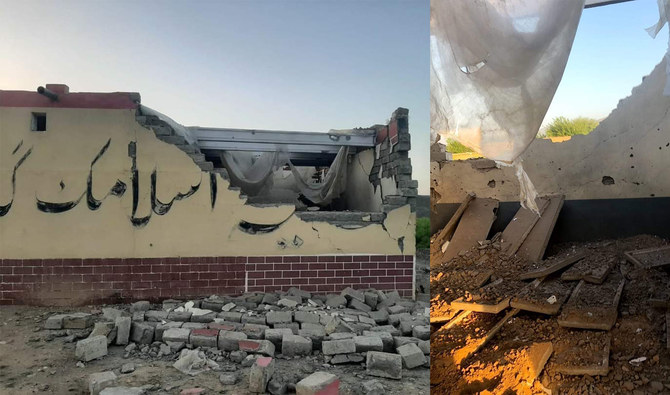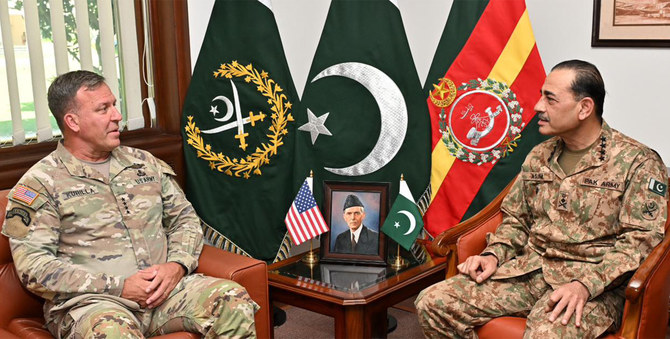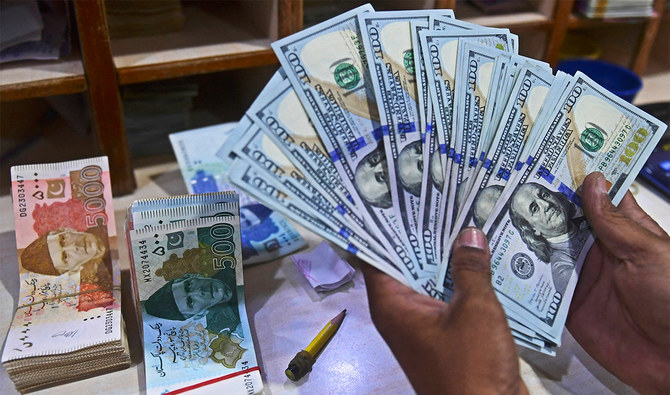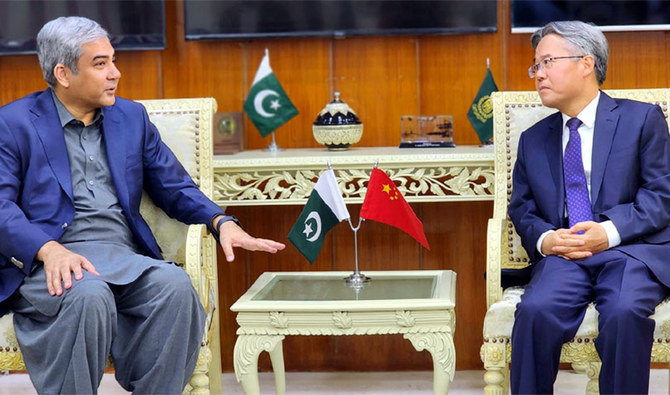LAHORE: The censor board in Pakistan's Punjab province on Tuesday gave the green light for Hollywood movie 'Barbie' to be screened in cinemas across the country's most populous province, 10 days after its release was delayed on grounds it contained "objectionable content."
Films in Pakistan need to be cleared by provincial boards that censor anything deemed a violation of the country’s social and cultural values. The fantasy-comedy film, which stars Margot Robbie as the famous doll and Ryan Gosling as her boyfriend Ken, is being screened in Pakistan's Sindh province and capital, Islamabad.
Barbie was recalled by the Secretary Information and Culture Department (ICD) Ali Nawaz Malik, on July 21 for containing "objectionable content." The Punjab's censor board operates under the ICD. Interim Punjab Chief Minister Mohsin Naqvi had directed provincial Secretaries of the Punjab Film Censor Board (PFCB) to carry out another review of Barbie, which was initially cleared for screening with a Universal rating, deeming it suitable for all ages.
The decision to allow the film's release was taken after the PFCB's review meeting today, Tuesday. "During the film censor board's meeting, the film Barbie has been allowed to be screened in Punjab," a Twitter post by the Government of Punjab stated.
https://twitter.com/GovtofPunjabPK/status/1686369971188727808
Arab News spoke to insiders privy to the censorship process, who spoke about persistent pressure on the ICD from groups that did not want the film to be screened in Punjab's provincial capital, Lahore.
This is nothing new in Punjab. In November 2022, Pakistan’s Oscar entry for 2023, ‘Joyland’ was stopped from releasing in the country. The movie revolved around a married man's affair with a transgender woman. The federal and Sindh censor boards overturned the ban, but Punjab never did.
Muhammad Haseeb is a film inspector who has worked for the PFCB since its inception around 10 years ago and is also a liaison officer for industry experts—directors, actors, screenwriters—who assess and certify films.
“There were a lot of complaints from certain parties reaching Information and Culture Department every day, which only got louder when the screenings were about to start,” Haseeb told Arab News.
He added that the confusion in certifying films in Pakistan is an accidental by-product of the 18th Amendment to Pakistan's constitution, which gives self-governing, legislative and financial autonomy to Pakistan's provinces.
“After the amendment, censorship was transferred to provincial cultural departments. Now there are three certification boards making different decisions," Haseeb said. "Certification takes longer and the certifications aren’t necessarily the same. A movie rated for adults in Punjab could be rated PG-15 in Sindh.”
Haseeb said the PFCB doesn't have enough funds to hire more permanent staff members. "We still rely on a non-permanent member panel which changes every two years, ultimately that takes a lot of decision-making power from us,” he lamented.
Many non-permanent members on the review panel felt their role is purely ceremonial, and “utterly useless.” Arab News contacted many of them but none were willing to make an official statement, afraid that their acting careers could be jeopardized.
“But the politics are precisely the problem,” an actor, also a member of the panel, told Arab News on condition of anonymity.
The decision to recall the movie wasn’t entirely effective either. Lahore's cantonment area falls under federal law and is not subject to provincial censorship rules. The Fortress Mall cinema, situated a bridge away from the rest of the city, kept showing the film despite it being banned in the rest of the province.
“It’s all a muddled mess,” another member said.
Acclaimed Pakistani actor, director and producer, Sarmad Khoosat is no stranger to this "mess." He directed the film 'Zindagi Tamasha' and produced 'Joyland'. Both ran into problems with the censor board.
“It’s bizarre that we have so many censor boards, we don’t make as many movies as there are censor boards," Khoosat told Arab News. "India, America just have one central authority."
Punjab has over 70 cinemas where films are screened, the largest in any province. When a movie gets banned in Punjab, it puts distributors and producers under significant financial pressure. The certification isn’t free either as to apply, you have to pay Rs. 30,000 ($104) for a local film and Rs.100,000 ($348) for an international film.
"This is killing creativity, artistry," he said. "Censor boards are meant to regulate not derail."















